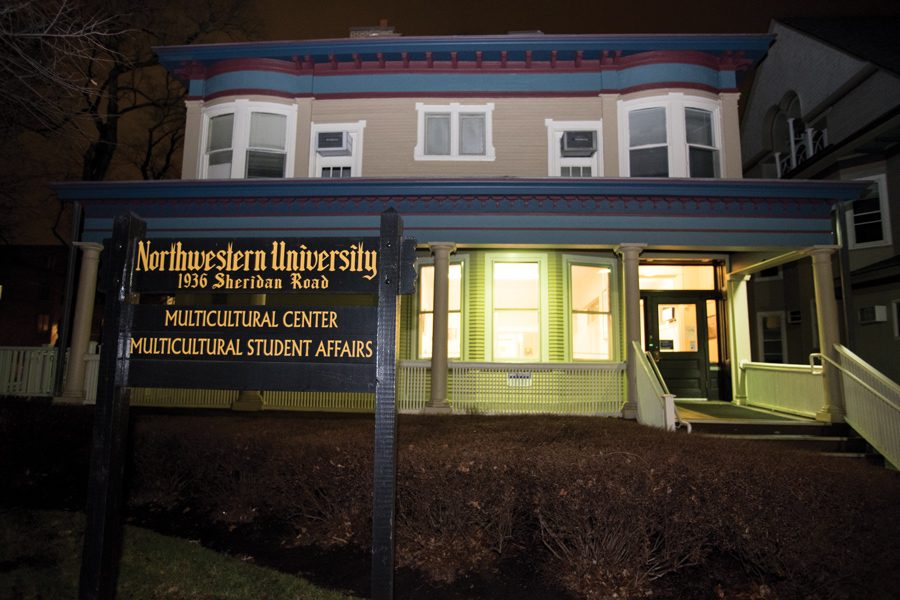MSA launches virtual programming, copes with COVID-19 restrictions
Daily file photo by Colin Boyle
Northwestern’s Multicultural Center, 1936 Sheridan Rd. MSA runs several affinity book clubs.
February 1, 2021
Multicultural Student Affairs has launched a series of virtual programs to continue serving students amid COVID-19 restrictions.
Before the pandemic, students were able to use MSA’s three main locations — the Black House, the Multicultural Center and the Gender and Sexuality Resource Center — to host meetings, study and socialize. Now MSA is attempting to mimic pre-pandemic feelings of community with virtual affinity spaces, speaker events and book clubs.
“Zoom obviously isn’t ideal for these types of things because everything is relatively personal and sometimes it’s hard to feel comfortable with people over Zoom,” Weinberg freshman Naomi Wu said. “But I’m a relatively open person and it’s been an easy adjustment for me.”
Wu has attended a few seminars centered on discussing racial identity and said she has enjoyed the opportunity to build connections in a virtual setting.
MSA Assistant Director Christine Munteanu said she has been pleasantly surprised with the “depth of engagement” Zoom has facilitated for many MSA programs, including APIDA 101 — a six-week cohort program for students to explore what it means to be of Asian, Pacific Islander and/or Desi descent.
“I felt like so much of it was about physically sharing space and being in a community together, but it actually translated really well to Zoom and there was still that same sense of intimacy and connection,” Munteanu said.
Communication junior Alex Manaa said remote programming has given MSA the opportunity to provide spaces for communities they didn’t have the funding or resources for in the past, such as affinity groups for multiracial and Middle Eastern North African students.
But Manaa also reminisced on the community in-person spaces within MSA provided — staff available to talk to, groups of student organizers and spaces for casual socializing. Students would even sleep in MSA spaces.
And some students, like Weinberg freshman Adebukola Fetuga, have opted not to participate in the virtual events due to exhaustion from attending online classes and activities all day.
“After six o’clock, I don’t want to be on my computer still looking at a Zoom screen,” Fetuga said, adding she would be interested in utilizing MSA’s on-campus spaces when they re-open.
To combat “Zoom fatigue,” Munteanu said MSA has increased the number of on-demand programs that don’t require logging onto Zoom, such as posting videos of tarot card readings and doing staff takeovers on Instagram.
For students like Manaa, the virtual adaptations have been worth it, Zoom fatigue aside.
“The pandemic has been really hard on everyone, and losing that sense of physical community has been especially tough for already-marginalized students,” Manaa said. “Having that semblance of connection to a community like MSA has been really invaluable, especially to students who can’t be anywhere near campus right now.”
Email: [email protected]
Related Stories:
— Rainbow Alliance, UCM host interfaith LGBTQ+ panel on queerness and faith
— Hillel symposium continues campus conversations about Zionism, anti-Semitism and racial justice


